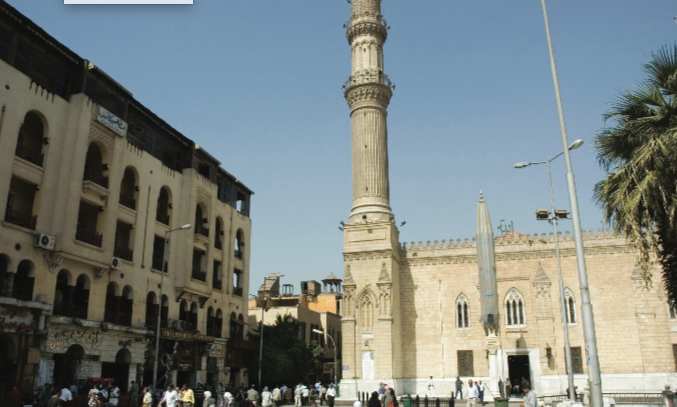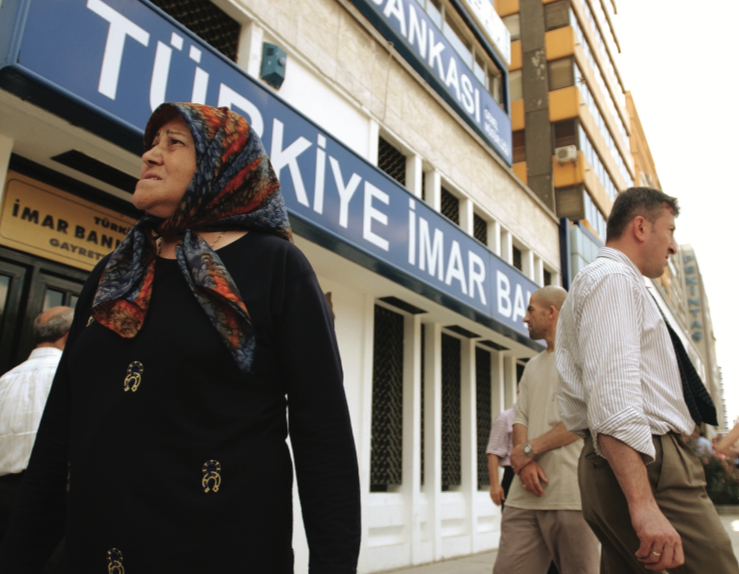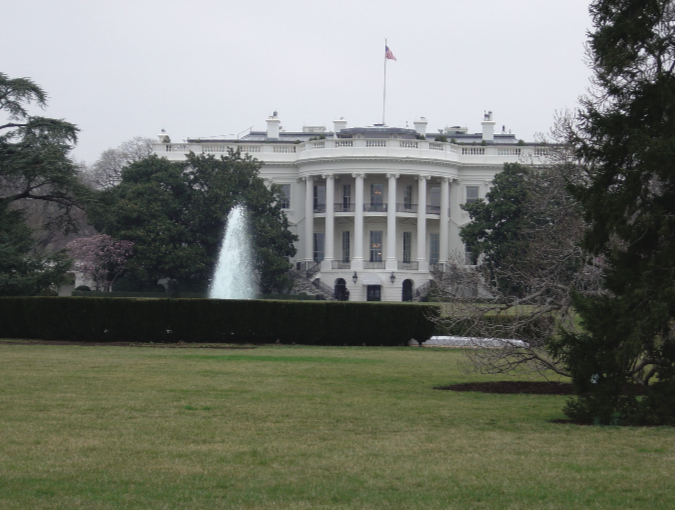Egypt’s banking sector is set to become hotly competitive in 2007. Strong international and regional banks that have entered the market in the past two years are aggressively hunting for market share in what observers are calling a very “new and lucrative” market. These growth-hungry banks will meet new competition from big local banks whose survival after privatization will allow them to restructure and reinvent themselves as modern risk management institutions.
The new competitive environment goes hand in hand with the banking sector reform, and a reduction in the number of Egypt’s banks from 53 to 35 since the reform program was launched in 2004. Although it brought the number of operating banks down, the reform program’s consolidation of the sector was conducive to increased productivity and competitiveness because it forced inefficient state-run banks with opaque loan portfolios out of their pampered and protected positions into the harsh “real world” of commercial banking.
Seeing the fruits of reforms and privatization, Arab and other foreign banks have started to expand their presence in Egypt and established footholds by acquiring local banks.
Lebanese banks are at the forefront of the trend. BLOM Bank beat out competitors to take over Misr Romanian Bank in late 2005 and quickly announced that plans to develop the retail business of the renamed Blom Bank Egypt. Only weeks later, Bank Audi acquired Cairo Far East Bank for $94 million, and said recently that it wants to expand the branch network for the bank, now called Bank Audi Egypt, from the current three to 20 before the end of the year.
Other entrants include Bahrain’s Ahli United Bank which bought 89.3% of Delta International Bank in August for LE1.65 billion. And in July, UAE’s Union National Bank acquired the government’s stake in Alexandria Commercial & Maritime Bank for LE65.3 billion; it is now preparing to acquire Arab Investment Bank.
Foreign players eager to enter market
Foreign players can currently only enter the Egyptian market by buying into existing banks. Thus international banks having acquired and rebranded local banks in a number of bidding contests.
In July 2005, Greece’s Piraeus Bank bought 70% of the Egyptian Commercial Bank and renamed it Piraeus Bank Egypt. The Greek bank increased its stake in the subsidiary to over 95% and announced plans to add 220 branches by 2010. The National Bank of Egypt (NBE) sold its 18.7% stake in Commercial International Bank (CIB) for $236 million in February of last year to a consortium led by American private-equity giant Ripplewood Holdings.
Some foreign banks saw 2006 as good year to grow their existing operations through M&A action. Paris-based Societe Generale, which already had a presence in Egypt through National Societe Generale Bank, last November received final approval for merging Misr International Bank into its operation—a move that made it the largest private commercial bank in the country. Credit Agricole, France’s largest banking group, likewise repositioned and expanded its Egyptian operation by creating Credit Agricole Egypt last year after its existing local subsidiary, Calyon Bank, purchased Egyptian American Bank. Credit Agricole Egypt is now Egypt’s third-largest private commercial bank by assets.
However, the biggest deal of 2006 was the sale of state-owned Bank of Alexandria (BA), the smallest of the Big Four state-owned banks, to Italy’s Gruppo Sanpaolo IMI. Sanpaolo purchased 80% of BA for a whopping $1.6 billion or six times the bank’s book value. The bank aims to double its size and market share in Egypt and also plans regional expansion.
With the rush of foreign banks to the market, government officials say that investments by foreign banks in 2006 increased by a sum of LE4.2 billion.
Solid grounds
Analysts consider the Egyptian banking sector under-penetrated, with only 10% of Egyptians having bank accounts. In general, private sector banks operating in Egypt are today financially more solid than they were, and the market can be considered a more competitive place compared to a few years back.
Egypt also offers growing potential to Arab regional banks and joint venture banks with Gulf-based partners.
Former president of the National Bank of Egypt Ahmed Karat sees the presence of Arab banks in Egypt as a natural consequence of the interest of regional and international players in this market.
Seasoned Arab banks that have been operating in Egypt for some time and have recently announced plans to increase the breadth and depth of their operations include Jordan’s Arab Bank, the National Bank of Abu Dhabi, and Faisal Islamic Bank of Egypt, which has Gulf-based shareholders.
Regional banks and governments also have stakes in Cairo-based commercial and wholesale banks such as the Arab African International Bank, Arab International Bank, Egyptian Gulf Bank, Egyptian Saudi Finance Bank, Suez Canal Bank, and the Arab International Banking Corporation. The National Bank of Oman added two more branches to its network in Egypt in 2005, and the Bahrain-based Arab Banking Corporation strengthened its presence under the name ABC Egypt to become the fifth Arab bank in the country.
More Arab banks
However, although Egypt has a substantial number of Arab banks, their total market share does not exceed an estimated 10%. Experts say that in light of the recent reforms, Arab banks would have no difficulties increasing their market share to between 25% and 28%, especially because these banks have enough experience in similar markets.
According to the experts, the weak performance of Arab banks is due to a structural obstacle, which these banks must overcome. If they succeed in opening new market segments, regional banks could benefit from customer sentiment that favors them over European or American competitors.
Opposition groups in Egypt have always resisted and attempted to block the sale of local banks to foreign concerns. However, banking experts say Arab banks in Egypt might be under threat from their bigger European counterparts who have longer experience in serving large markets and can provide financial services for corporate clients, investment and private banking, capital markets, asset management and, increasingly, also Islamic finance. A Fitch ratings report issued in late 2006 said that “foreign banks have brought in more innovative products and new delivery channels and are attracting the best skills.”
Most analysts agree that the presence of foreign banks is not a threat to Egypt’s existing public sector banks, and the government prefers buyers to be big name banks capable of introducing new technologies and developing banking services. “Foreign banks will create more competition that will force the local banks to shape up and improve their services,” explained Nabil Hashad, an Egyptian banking expert, adding that foreign investors are needed to “maximize the cost efficiency, productivity and profit efficiency of banks and not just reduce costs.”
Challenges for 2007
Credit must be given to the Egyptian government for sticking to its plans to open up the banking sector and forge ahead with its privatization program. Egypt has succeeded where several other countries in the region have failed. The challenge moving forward will be whether this momentum and excitement will continue. Although much has been accomplished—with serious delays—much more needs to be done. Several global rating agencies such as Moody’s are still cautious with their rating and assessment of the economic condition for Egypt.
One highly anticipated development for 2007 is the merger of Banque Misr and Banque du Caire, Egypt’s second and third largest banks, into the largest bank in the country. Both are state-owned and their merger and privatization will add an important milestone to the conversion of the backward state banking sector into a private sector powerhouse.
To sustain growth, another big push for consolidation, while improving supervision and solving the sector’s chronic NPL problem would do miracles. The government must also provide special incentives to Arab banks so that they can increase their market share. Currently, European banking institutions have the upper hand and benefited the most from the privatization drive. GCC-based banks have many opportunities to enter the market and efforts to encourage these banks to get involved should be priority for the Investment Ministry.
2007 should be the year the government completes it reform and privatization drive. Additional focus must be placed on creating an interbank market and pushing for more transparency and better laws to protect depositors. The big mergers and deals in 2006 must now be replicated in 2007, because these reforms are necessary to keep the economy and banking sector on track.
As Egypt’s Minister of Investment Mahmoud Mohieldin put it, “Today, we are talking about a banking sector that is not going to show any mercy to those who are incompetent, inefficient or unable to stand up to the challenges of competition.”









